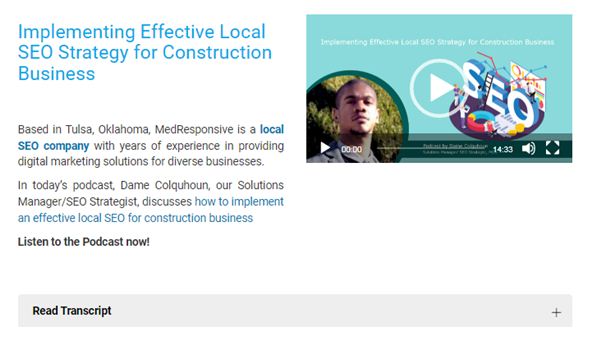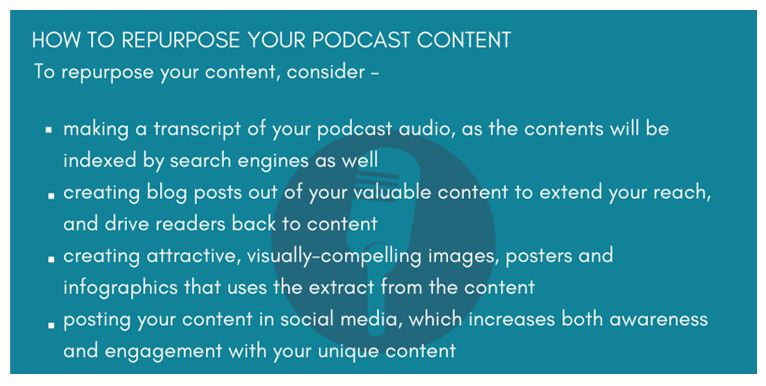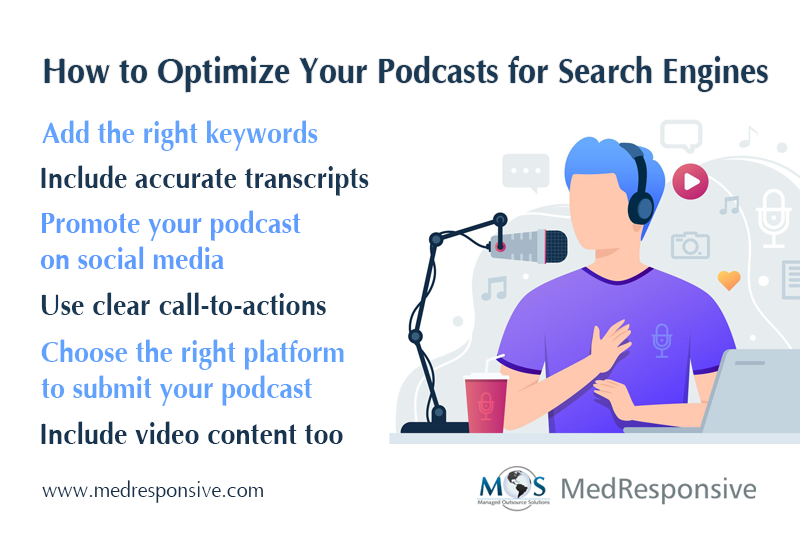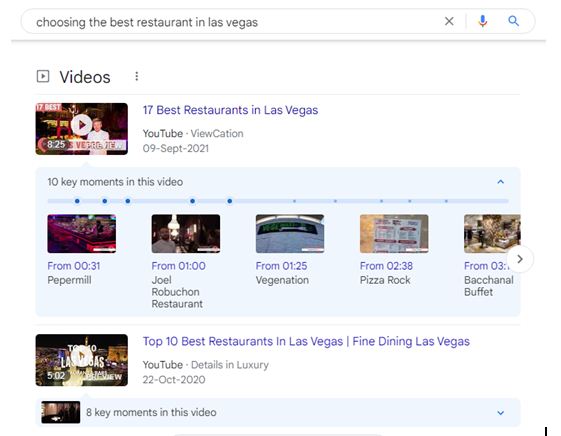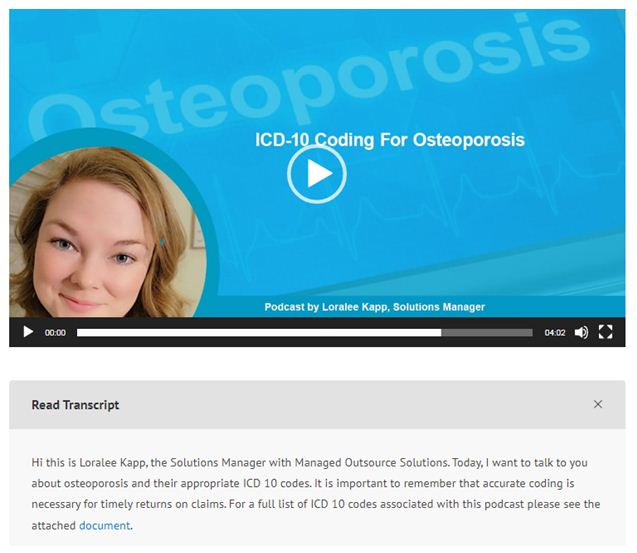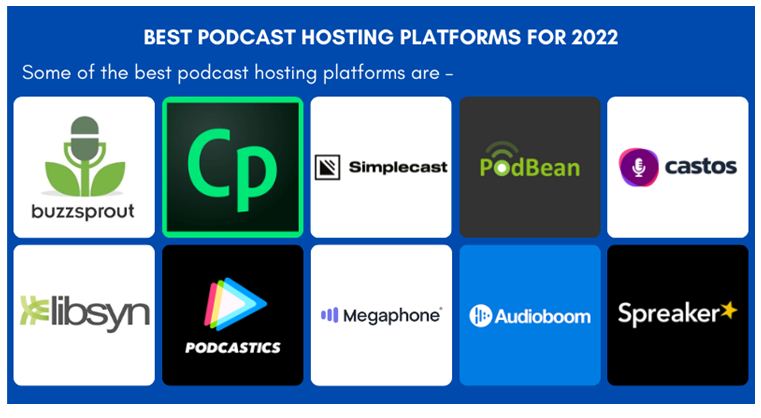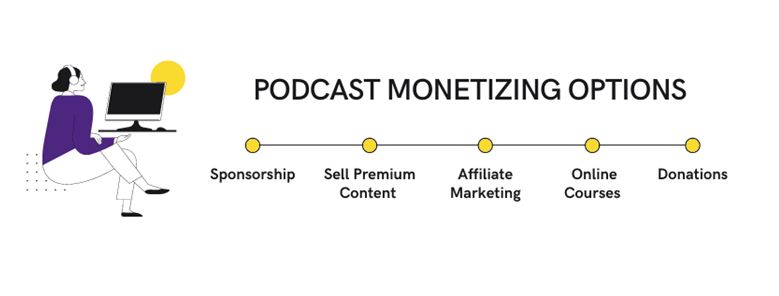In a world buzzing with information and bustling with content, there’s one medium that’s captured the hearts and ears of millions – podcasts. This audio revolution enables you to carry a treasure trove of knowledge, stories, and discussions on a variety of topics with you wherever you go, ready to be accessed at the push of a button. You can listen to a podcast while driving, cooking or jogging. Let’s explore the popularity of podcasts, why businesses should leverage them more, their SEO value, and how to monetize them.
Podcasts represent a fun and engaging way to connect better with your existing audience reach out to new audience segments. Even though they have been around for decades, podcasts are increasing in popularity by the day. This calls for dedicated effort on your part to set up your own business podcast and take steps to promote it. That’s where an organic search engine optimization services can help. SEO for podcasts makes the audio content discoverable in the vast digital landscape, attracting a broader and more engaged audience.
So, why businesses should consider investing in podcasting? The primary reason is that it is a powerful tool for businesses to connect with their audience, establish authority, and drive brand growth. Podcasts provide a platform for businesses to showcase their expertise in their respective industries. They offer businesses a versatile medium to share valuable information, promote products or services subtly, and engage with their audience on a regular basis. Creating and distributing podcasts can be cost-effective compared to other marketing initiatives.
Importantly, with podcasts are accessible to a wide audience on smartphones and portable audio devices, including those on the go. In fact, research shows that compared to reading or watching, podcasts kindle mental imagery more powerfully. According to Market. us, the global podcasting market will exceed USD 233.9 billion by 2032 from USD 21.4 billion in 2022, with a compounded annual growth rate (CAGR) of 27.8% between 2023 and 2032.
Here are some recent podcast statistics “that really matter” from Demand Sage:
- There are over 5 million podcasts globally with over 70 million episodes between them.
- There are 464.7 million podcast listeners globally as of 2023. This number is predicted to reach 504.9 million by 2024.
- The United States has the most podcast listeners in the world. It is predicted that over 100 million active podcast listeners will be in the U.S. in 2023.
- One-third of the American Population listens to podcasts regularly.
- Podcast listening is highest in the morning, and most of the podcasts are listened to on a mobile phone.
Types of Podcasts
- Interview/ conversational
In an interview podcast format, the host typically interviews new guests in each episode and the aim is to share the guest’s experience or talent. This podcast begins with a brief guest introduction and then moves on to asking questions to guide the conversation around a specific topic.
Here’s an example –
Sharing the podcast episode across social media profiles opens up the opportunity to reach a whole new set of audience.
For any content format you choose, make sure to focus on the experience you want to create for your guests. People will be happier and more willing to share interesting and informative episodes.
- Solo format
This podcast format is mainly used to share one’s expertise in the industry. It helps build a personal brand. While some solo podcasts describe only key points, others may be lengthy with a huge amount of information. Detailed preparation with complete scripts will make solo commentaries more interesting for listeners.
Solo podcasts make it much easier to build a strong connection with the audience, as you’re speaking directly to the listener.
- Nonfiction narrative
Podcasts support different forms of storytelling. Those who like reading stories will definitely love storytelling podcasts. In this format, each storytelling episode is structured as a narrative. In certain cases, multiple episodes are joined together to form an expansive narrative.
Here’s an example from This American life, one of the most popular storytelling podcasts.
- Repurposed content podcasts
Here, the podcast content is repurposed. The content contains the same message, but is delivered in a new and creative way. Repurposing old content helps reach new listeners and thus maximize your podcast content.
Being an experienced digital marketing agency providing services for diverse industries, we create audio podcasts out of our blogs that reflect our expertise in the industry.
Listen to our podcast on Effective Local SEO Strategies for Construction Business
Choosing the podcast type depends on your audience’s interest. Organize your content in the right format and make it easily accessible to listeners.
Relevance of Podcasts for Businesses
There are several compelling reasons why podcasting hold much relevance for businesses:
- Brand awareness: Podcasts allow businesses to establish and reinforce their brand identity. Through consistent and engaging content, companies can connect with their target audience, humanize their brand, and foster brand loyalty.
- Thought leadership: Podcasts provide a platform for businesses to showcase their expertise in their respective industries. Hosting informative discussions, sharing insights, and offering solutions can position a company as a thought leader and industry authority.
- Content marketing: Podcasts serve as an effective form of content marketing. They offer businesses a versatile medium to share valuable information, promote products or services subtly, and engage with their audience on a regular basis.
- Audience engagement: Podcasts facilitate direct and personal engagement with the audience. Businesses can build a community of dedicated listeners who feel connected to the brand, resulting in increased customer retention and word-of-mouth referrals.
- Accessibility: With the popularity of smartphones and portable audio devices, podcasts are accessible to a wide audience, including those on the go. This accessibility enables businesses to reach potential customers during various activities like commuting, exercising, or doing household chores.
- SEO and discoverability: Well-optimized podcast content can improve a business’s online visibility. Podcast episodes with relevant keywords can attract organic traffic and enhance a company’s overall SEO strategy.
- Diverse content: Podcasts offer a versatile format that can cater to various content preferences. Businesses can use podcasts for interviews, storytelling, industry updates, product showcases, and more, keeping their content fresh and engaging.
- Cost-effective marketing: Creating and distributing podcasts can be cost-effective compared to other marketing initiatives. With the right equipment and hosting platforms, businesses can produce quality content without a significant financial investment.
- Measurable impact: Podcast analytics provide valuable insights into listener demographics, engagement, and behavior. This data allows businesses to refine their content strategy and tailor future episodes to their audience’s preferences.
- Networking and partnerships: Podcasting often involves collaborating with guests and industry experts. This can open the doors to valuable networking opportunities, partnerships, and cross-promotion, extending a business’s reach.
When executed effectively, podcasting can be a valuable addition to a company’s marketing and communication strategy, offering a unique avenue for engaging with both existing and potential customers.
How to Optimize Your Podcasts for Search Engines
The benefits of podcasts are clear. They facilitate faster engagement with your audience, allow you to showcase your expertise, increase trust and brand awareness. The success of your podcast campaign, of course depends on optimizing them to improve your search engine rankings. Here are 5 strategies that you can implement to maximize the visibility of your audio content:
SEO Strategies for Podcast Optimization
Add keywords to your podcast episodes
Choose a list of keywords that your targeted audience will be using to search for your services of products. Use those keywords in your podcast episode so that it will improve your visibility in search results.
Make sure to choose appropriate, clear, and descriptive titles. Add keywords of high search volume but low competition wherever possible, throughout the podcast. Keywords tell search engines that the podcast is relevant to a user’s search, which increases the chances to feature them in results. Key areas where you can include keywords are podcast title, URL of the post, subheadings, image file names as well as the beginning and end of the page content.
Include the episode’s transcript
Just like keywords, transcripts can greatly improve the discoverability of your podcast. Adding accurate transcripts make this content format more accessible to people, giving a clear, readable guide of everything that was covered in the episode.
Diverse tools are available to transcribe audio and video recordings. Consider adding more keywords, even the ones that weren’t included in the recording.
Use call-to-actions during podcast episodes
Make sure to add call-to-actions (CTAs) that encourage viewers to take further action.
Include direct call-to-actions (CTAs) like “For support, call us at xxxxxxxx” or use phrases that prompt them to write a review or follow your account. For instance, consider asking something like, “Have you experienced such difficulties before?” or “Check out more content on this topic”.
Choose the right podcast platform
Apple Podcasts, Google Podcasts and Spotify are some major distribution platforms that allow others to access your podcast episodes and listen to them. Podcast hosting and distribution is now easy with diverse advanced platforms. Podcast hosting platform is necessary to store audio and video files online for distribution and download.
To choose the right hosting platform, consider key factors such as storage, bandwidth limit, analytics reporting, compatibility, ease of use, price, and possibility of monetization.
Include video elements
To expand your reach, consider adding video and/or live streaming into your workflow. Having a video element in your podcast helps you to get your content, keywords, and brand into the YouTube search results.
Monetizing Your Podcast
Podcast ad revenues in the US are expected to continue rising and surpass $2 billion annually by 2023 (eMarketer, 2021).
Podcasts not only help build relationships and authority, they are also a good source of income for brands. Once you have developed a community of listeners for your podcast, you can consider earning with certain proven podcast monetization strategies.
Sponsorship
Sponsorship deals refer to partnering with relevant sponsors within your niche and advertising their product or service. To meet the podcast equipment and production costs, many brands take on sponsors and do small ad reads to help cover the cost. Podcast advertising helps companies to attract new business from the podcast audience.
Affiliate marketing
With an affiliate marketing program, creators will be referring to other companies, people, products or services in their podcast. When someone makes a purchase or clicks on the affiliate link, you’ll get a commission from the sale.
Companies can benefit from affiliate programs offered by Skill share or Amazon. They can also consider joining a network like ShareASale or use plugins like Lasso that allow creating short links that redirect to a special tracking link.
Courses
Creating courses is another way to make money out of your episodes. Consider creating online courses to teach the content or topic that you usually discuss on your podcasts and that you are experienced with. Also, promote those courses using webinar platforms such as Demio, GoToWebinar, WebinarJam, and Livestorm among others.
Sell premium content
Offer premium content such as additional interviews, Q&A sessions, live recorded show, ad-free RSS feed, and more and sell those content by charging a subscription fee for special or exclusive content. Make sure such content is not available on your regular podcast feed.
Donations
Asking for donations is another simple option. Many audiences will be willing to donate to support their favorite podcast show. Choose a trustworthy platform to accept donations. Be transparent with your audience and provide clear reasons on why you need donation.
Podcast monetization – Tips
- Never promote junk products or services
- Any content you provide must have value for the audience
Each business has a unique audience. Start a podcast on what your business does, your services, or principles – it can serve as a powerful digital marketing tactic that is also highly beneficial to the listeners.
Remember that optimizing your podcast for search engines is an invaluable step in expanding your audience reach and growing your podcast’s success. Affordable digital marketing services are available to help you implement SEO strategies and best practices to your make your podcast more discoverable, rank higher in search results, and attract a loyal and engaged listener base.
If you need help with podcast SEO, reach out to MedResponsive’s SEO team!
Call us at (800) 941-5527 and schedule a FREE consultation with our Senior Solutions Manager.




